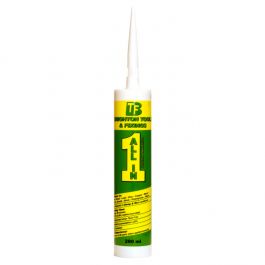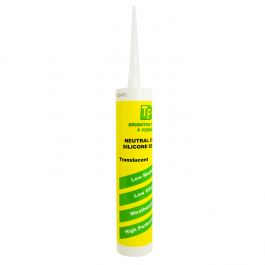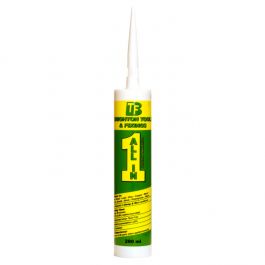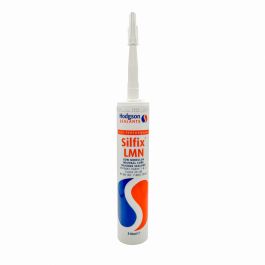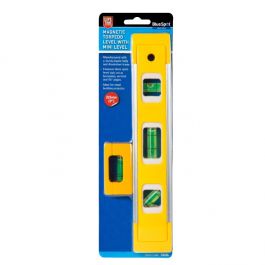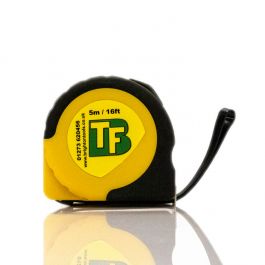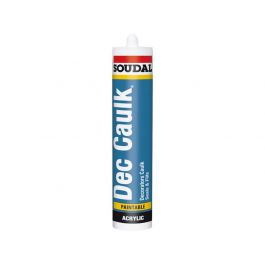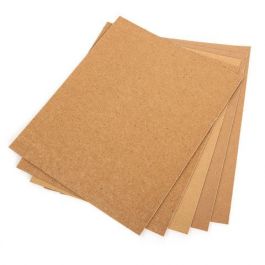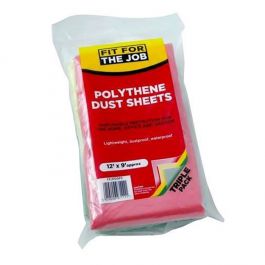Verified
Verified
Verified
Verified
Verified
Verified
Verified
Verified
Verified
Verified
Verified
Verified
Verified
Verified
Verified
Verified
Verified
Verified
Details
Softwood plywood sheets are typically manufactured from softwoods such as cedar, spruce, pine and fir, which are collectively known as spruce-pine-fir or SPF. Traditionally, softwood plywood is most commonly used for general building purposes, roofing frameworks, concrete forms, and other applications where the structural integrity of the material is more important than the cosmetic appearance of the wood.
Softwood plywood is constructed by glueing layers of softwood veneers together in a cross-grain pattern to create a bonded sheet that is much stronger, lighter in weight, and easier to machine than solid wood. The laminated construction of softwood plywood creates a very tough and durable material while retaining the positive attributes of natural wood. This makes softwood plywood well-suited for uses such as furniture production, prefabricated building components, and mainstream construction applications. It provides an affordable and resilient plywood solution for the building industry.
When examining softwood plywood, expect to see characteristics like knots, dents, and fillers on the surface, and a tendency for warping or waviness in the sheets. Softwood plywood is generally not recommended when an exceptionally smooth or attractive finish is required, such as for building fine wood furniture, cabinetry, bookshelves, desks, or other finished woodwork. For those applications, hardwood plywood, such as birch ply, would be suggested.
Our inventory of softwood plywood can be cut to various custom sizes and designs. The thinner sheets are lightweight and easy for DIYers to manoeuvre, cut, route, and assemble into projects.
Please contact us if you need guidance selecting the appropriate thickness for your particular plywood application. Our experts are happy to assist.
Key Features
Versatile
Our softwood plywood sheets are constructed from softwood veneers which allow lightweight properties while boosting the features solid wood may otherwise provide as an adaptable inexpensive alternative.
Malleable
As our softwood plywood sheets are made up of real softwood veneer, it takes well to most adhesives and paints. This makes it an ideal solution for those looking to utilise the strong, natural properties of real softwood whilst being a cheaper inexpensive alternative to solid softwood.
Inexpensive
Compared to a solid softwood sheet of the same size, our softwood ply provides an inexpensive solution for those looking at achieving the same desired aesthetic and natural applications.
Customisable
Our softwood plywood sheet materials take well to being machined and cut, meaning that we can customise your sheet to fit any spaces that you require.
Uses & Applications
- Cabinetry
- Furniture Making
- Pianos
- Wall Panelling
- Wardrobes
- Kitchens
- Skateboards
- Doors
- General Joinery
- Shelving
- Boxing-in
- Signage
- Fascias and Soffits
- Van and Trailer linings
- Huts
- Garages
- Sheds
- External Joinery
- Temporary Structures
Softwood Ply Board Specifications
Frequently Asked Questions
What is softwood plywood?
Softwood plywood is made from thin sheets of softwood veneer, like pine, fir, or cedar, that are layered and glued together in alternating grain patterns. This cross-lamination creates a versatile, strong, and workable sheet material.
What are the common uses for softwood plywood?
Softwood plywood is frequently used for construction projects, roof decking, concrete forming, flooring subfloors, furniture manufacturing, crating, and other industrial purposes where strength and affordability are important.
What are the advantages of softwood plywood?
Advantages include its low cost, structural stability, easy machinability and installation, lightweight compared to solid wood, resistance to cracking and moisture, and sustainability.
What are the disadvantages?
Disadvantages include potential knots, gaps, or cracks, less attractive grain patterns, prone to warping if improperly stored or transported, and unsuitability for exposed finish work.
What species of wood are used?
Common softwood species used include Douglas fir, pine, spruce, cedar, hemlock, redwood, and larch. Spruce pine fir (SPF) is a popular blend.
How thick is softwood plywood?
We offer softwood plywood in 12mm and 18mm thicknesses.
How should I store and handle softwood plywood?
Store flat on a level surface in a dry, covered area. Avoid excessive heat, moisture, or sudden changes in humidity and be sure to lift sheets carefully without bending or twisting.
Can softwood plywood be left unfinished?
It can be, but unfinished softwood plywood used outdoors or in wet areas is prone to deterioration.
Delivery depends on the size of your order
Reviews
Trustpilot

